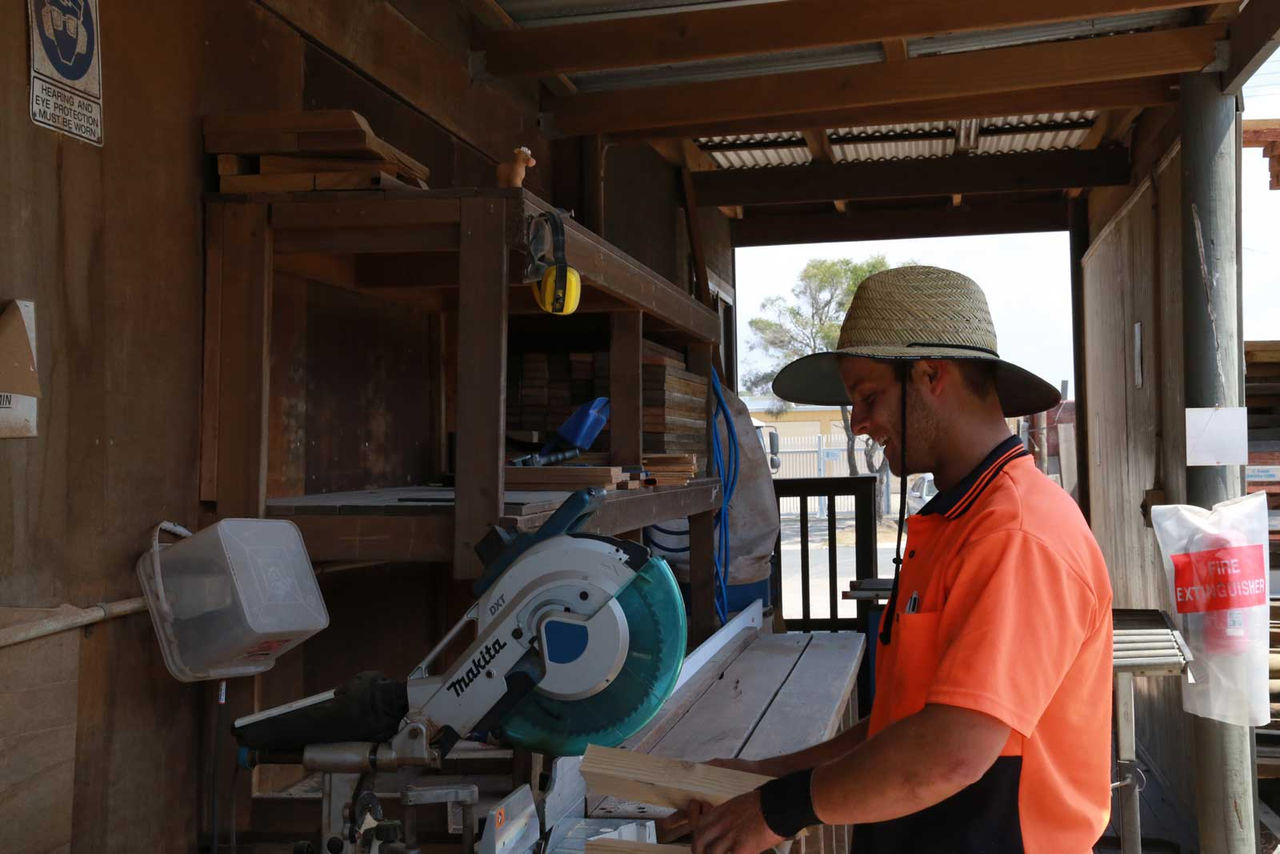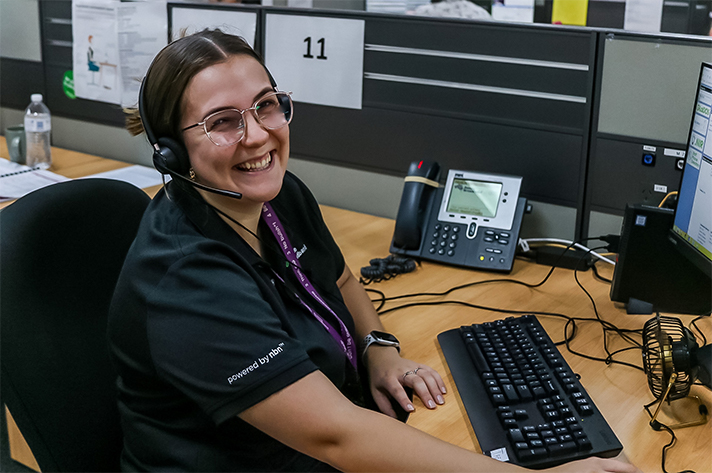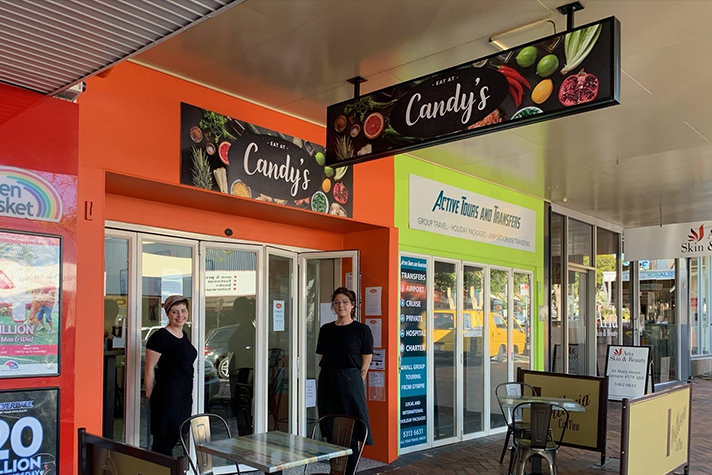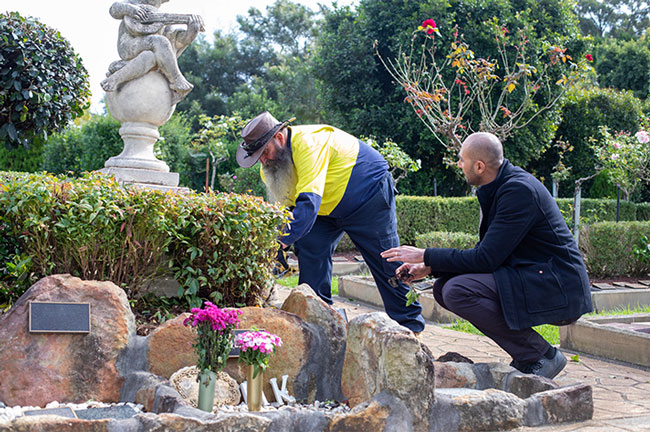How vocational education can give you a career
Published by MAXSolutions on November 08, 2020

When high school students finish their final year, the big question becomes what next? While some have earmarked their specialties at University or just want to have a bit of a break, many graduates are still unsure. With shortages in many important fields, there are plenty of wildly different opportunities for those undertaking vocational education.
What is vocational education?
Vocational education is designed to give school leavers with specific career goals the theoretical and practical 'on the job skills' they need to succeed in their chosen field.
Vocational training differs in the way that it assesses compared to university education. In a vocational setting, competency-based training allows you to demonstrate your ability to sucessfully complete tasks that are common in your preferred career. Allowing you to hone the skills you need to be effective in your new workplace.
What skills are in demand?
- Construction and trades: From boatbuilding to bricklaying there a wealth of roles across the construction industry at the moment, with strong job stability and high-income potential. The government has earmarked manufacturing as a key industry to develop - so we expect more opportunities over the coming years.
- Beauty: Hairdressers and beauty technicians are constantly in need across Australia, particularly in regional areas of the country.
- IT: With the increasing reach of computers in all aspects of our lives roles within the IT sector are always available. In particular, there is a focus on networking, security, AI and databases that will mean you are never out of a job.
- Hospitality: Chefs are almost always in demand. While the hours might not work for everyone, the ability to work anywhere in the world in such a creative industry can outweigh the late nights. You can get started in your vocational education with a certificate 2 in hospitality.
- Agriculture and Horticulture: Right across Australia the need for farmers of all types of crops and associated professionals are needed. The government has identified food security as an important priority for Australia so expect job availability to maintain demand for the foreseeable future.
- Health and Care Services: With an ageing population that keeps living longer, the need for trained nurses and carers continues to increase. If you are thinking about vocational training in support services MAX offers a course in individual support (Ageing).
Where can I get vocational education?
Vocational training is commonly associated with apprenticeships and TAFE. However, you have a lot of choice. There are plenty of high-quality Registered Training Organisation’s (RTO’s) in Australia that can provide courses, including providers like MAX.
MAX is a registered RTO (0667) nationally accredited ASQA, that offers a range of Vocational Education programmes nationally.
If you are a MAX customer and our course are not suitable for your career goals, we can also assist you with finding an RTO that can help. Plus we can identify any grants or subsidies you may be eligible for.
How long does vocational training take?
Vocational education can take anywhere from 12 months for certificates to 24 months for diplomas or 3-4 years for traineeships and apprenticeships. However, you might be able to complete some more quickly - if you can go through the learning modules at speed.
While all vocational students benefit from building specific, practical skills for their chosen career path, people undertaking traineeships and apprenticeships have the added benefit of getting paid while they learn.
Many high schools work cooperatively with employers and RTO’s to help students start work on these qualifications while they are still at school. So, if you are in grade 10 or 11 or have a child who is in school, it may be worth investigating what options your school offers.
Share
Tags
Found this useful?
Help and advice
Our blogs are about helping people seek the information that they need for their steps in the workforce.




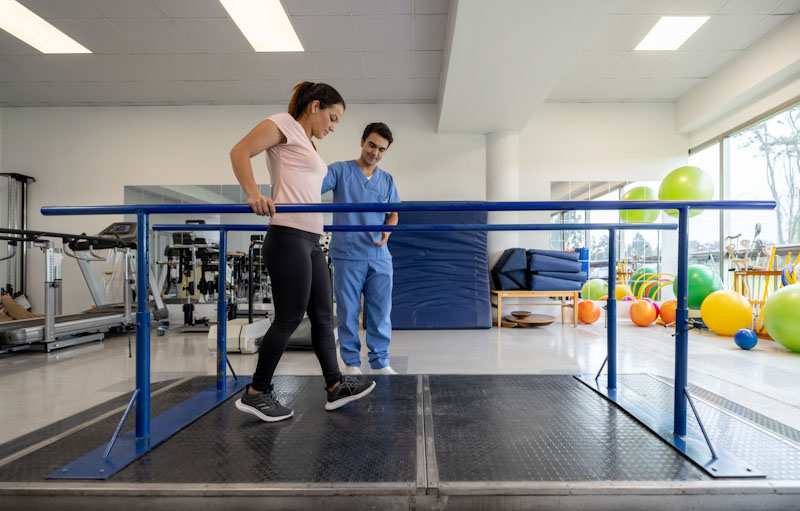

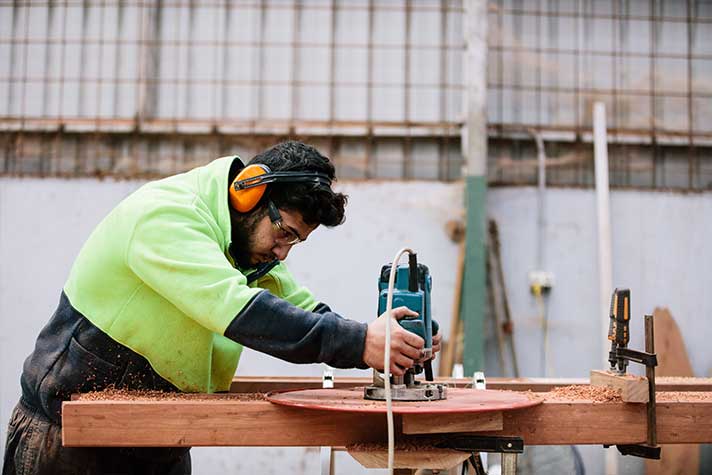







_1.jpg)




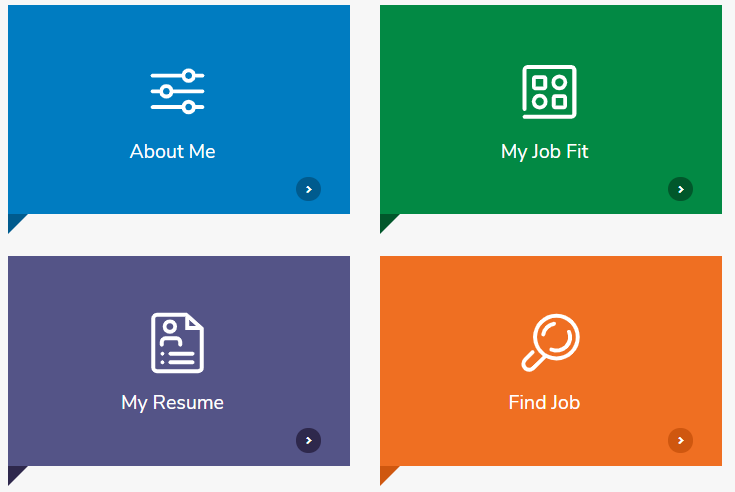







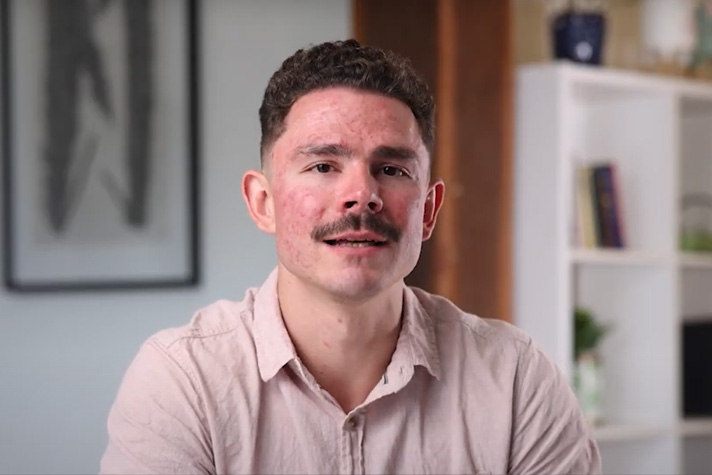






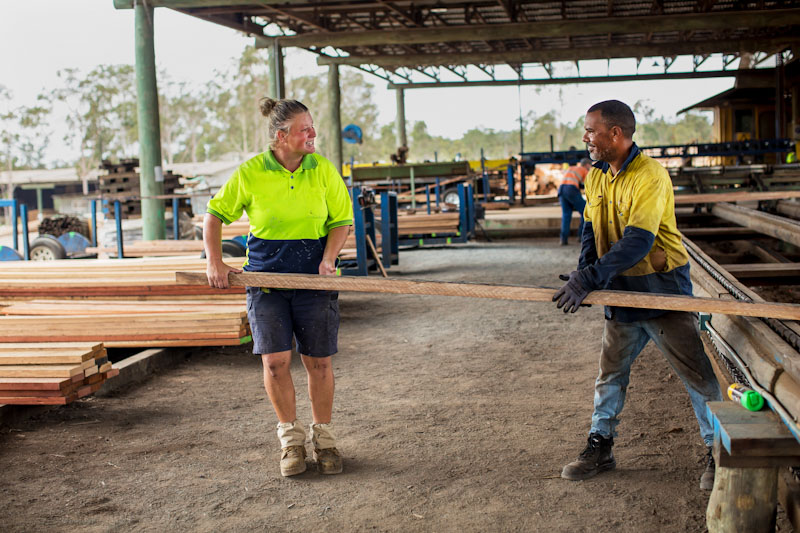









.jpeg)
